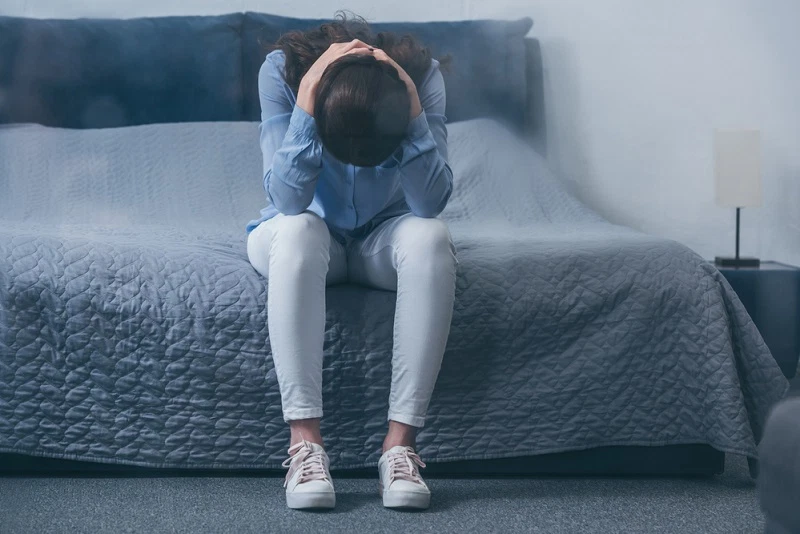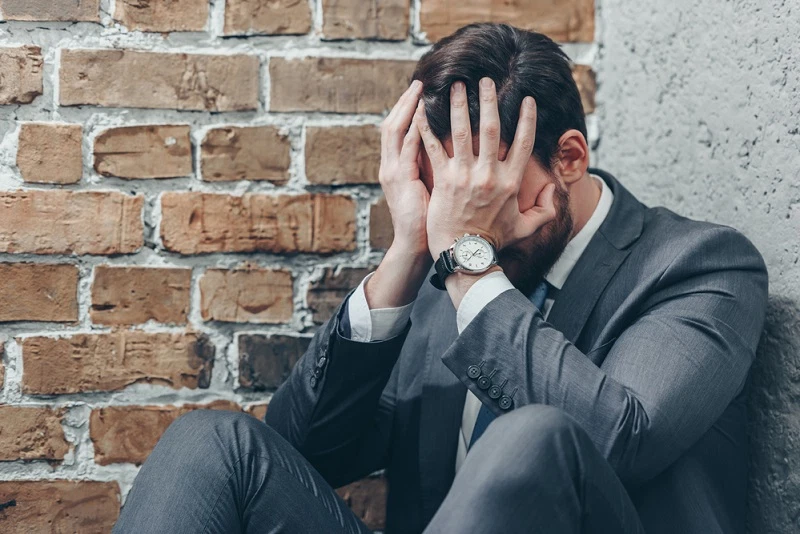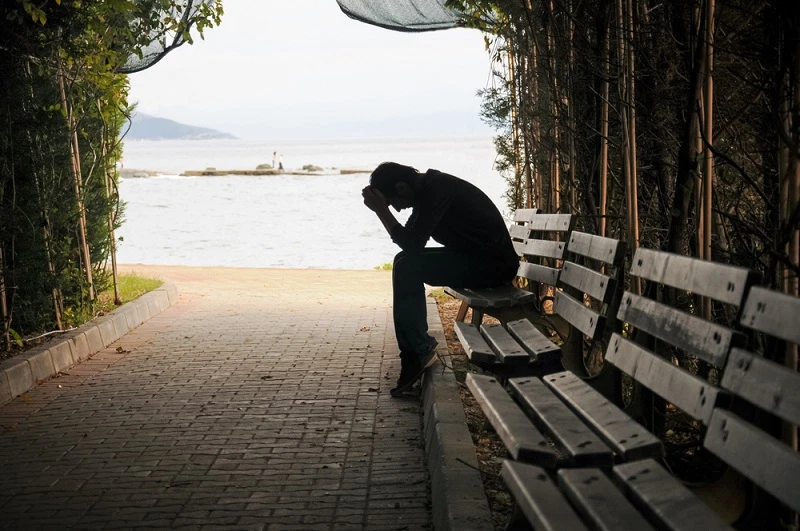Anxiety is our body’s natural response to stress. However, while some anxiety is normal, it becomes problematic when it causes significant distress and interferes with daily activities. For many, medication is the first-line treatment option prescribed by their physician. Increasingly, alternative, non-pharmaceutical approaches are seeing impressive results.
Below we’re exploring the top options for anxiety treatment with medication – let’s get started.
Why Treat Anxiety Without Medication?
Medication is the tried-and-tested option for the majority of anxiety symptoms. From benzodiazepines to beta blockers, these medications deliver a pharmaceutical approach to anxiety management. But, as with all medications, concerns about side effects and potential addiction cause many to be hesitant. Moreover, medication rarely addresses the underlying causes of anxiety, nor is it a reliable long-term solution.
Little wonder that many people seek anxiety treatment without medication. Here are some of the most common reasons:
- Personal preference. Some people prefer managing their anxiety through alternative treatments rather than medication. They may also dislike taking medication daily.
- Medical conditions. If the prescribed anxiety drug contraindicates with existing medications or impacts a medical condition, then the use of anti-anxiety medication is advisable. For example, people with liver or kidney disease cannot process certain medications effectively.
- Side effects. Side effects, such as dizziness, drowsiness, and nausea, dissuade many people from taking medication for a prolonged period.
- Addiction concerns. Certain anxiolytic medications, like benzodiazepines, are associated with long-term dependency and addiction.
- Need for long-term solutions. Medication is a successful intervention for acute anxiety symptoms. Long-term, however, alternative treatments aimed at solving the root cause of the problem are preferable. Doing so helps ensure sustainable relief over time.
Several options are currently available regardless of the reason for seeking anxiety treatment without medication. From psychotherapy to mindfulness to transcranial magnetic stimulation, there are more ways to help anxiety without medication than ever before.

How to Deal With Anxiety Without Medication
No longer do individuals with anxiety have to rely on medication alone. In fact, there are so many treatment options it is difficult to know which is the best treatment for anxiety without medication. Here are some top picks:
Psychotherapy
Psychotherapy works on the underlying thought patterns and behaviours responsible for anxiety. Through talk therapies and psychology sessions, individuals come to understand their thought patterns and learn coping mechanisms to deal with anxiety triggers.
Two common types of psychotherapy include:
- Cognitive Behavioural Therapy (CBT) helps individuals identify negative thought patterns, challenging and replacing them with more positive and realistic ones.
- Exposure Response Prevention (ERP) gradually exposes individuals to anxiety-provoking situations, forcing them to confront items and situations they find anxiety-provoking. ERP is the gold standard for phobias and OCD.
Mindfulness
Mindfulness involves being present in the moment, preventing negative thoughts from taking over. Through practices such as deep breathing, meditation, and body scans, mindfulness allows individuals to control their anxious thoughts, learning to accept them without judgement and let them pass away. It also reduces the associated physical symptoms.
Physical Activity
Regular exercise releases endorphins – feel-good chemicals – which enhance the mood and reduce anxiety. Running, in particular, is associated with acute anxiety reduction, though all forms of exercise provide relief from anxious thoughts and a sense of accomplishment.
Transcranial Magnetic Stimulation (TMS)
Transcranial magnetic stimulation (TMS) is one of the best treatments for anxiety without medication. Using magnetic fields, it stimulates the nerve cells in the brain, targeting specific centres responsible for mood or anxiety relief. Newer forms, like deep TMS, are also effective for treating depression – being approved by the FDA.
Healthy Diet
Certain foods, such as caffeine and sugar, can worsen anxiety symptoms. However, other foods rich in vitamins and minerals, like fruits and vegetables, can relieve anxiety. Moreover, eating regular meals and staying hydrated will stabilise blood sugar levels and reduce anxiety symptoms.
Meditation
Finally, meditation is a form of anxiety treatment without medication that has been used for thousands of years. Whether you practise guided meditation, mantras, or visualisation, meditation is a reliable technique for stress and anxiety reduction.
Remember: what works for one person may not work for another. While these are some of the best ways to achieve anxiety relief without medication, you should always talk to your doctor or mental health professional before starting a new treatment.

Anxiety Relief Without Medication: Is it For You?
Despite decades of research, the underlying causes of anxiety still require further investigation. While medication plays a significant role, it is no longer the only solution available. It is, therefore, critical to know whether anxiety relief without medication is right for you.
Work with a qualified mental health professional to determine which medication-free treatment option you prefer for the best results. Nor do you need to rely on only one treatment – combining treatments or adding medication alongside other therapies may produce the greatest anxiety relief.
Here are some factors to consider when deciding if anxiety relief without medication is right for you:
- The severity of your anxiety. As a rule, the more severe or acute the anxiety, the greater the importance of medication.
- Previous treatment attempts. Considering alternative options may be the best course of action if you struggle with treatment-resistant anxiety.
- Personal preferences. If you have concerns about side effects or addiction, explore alternative treatments – you must weigh your personal preferences against the potential benefits of medication.
- Health history. If you have a history of addiction or a condition that contraindicates against medication, consult your healthcare provider to discuss alternate treatment options.
- Overall health. Certain health conditions or medications prohibit the use of anxiolytic drugs. Discuss any concerns with a healthcare provider before considering medication as a treatment option.
If you are considering anxiety treatment without medication, approach the question with an open mind and a willingness to try different approaches. Discuss each of your options with a qualified mental health, exploring the pros and cons of each.
Anxiety relief without medication is a proven and reliable treatment option. Whether it’s meditation, healthy living, psychotherapy, or TMS, you should find the best treatment for anxiety without medication that helps you manage your symptoms and achieve a better quality of life.
